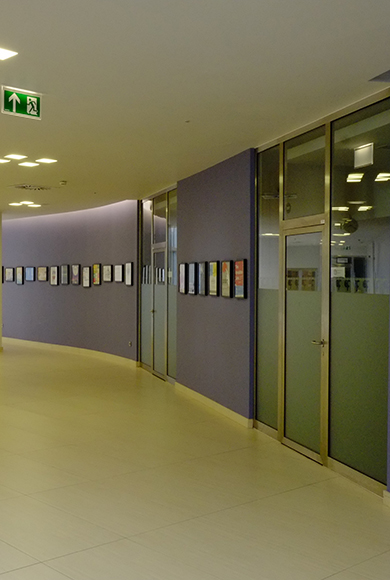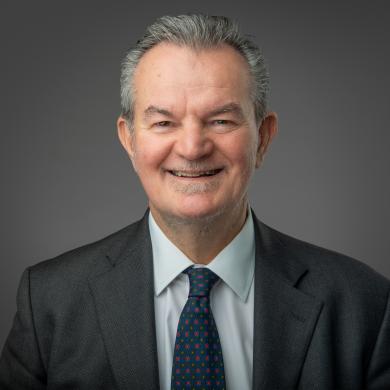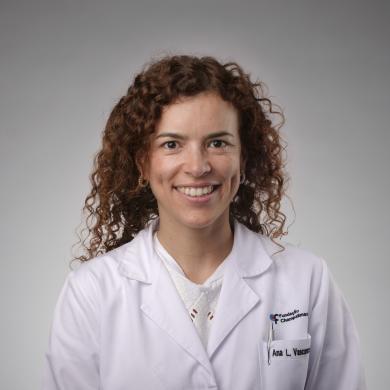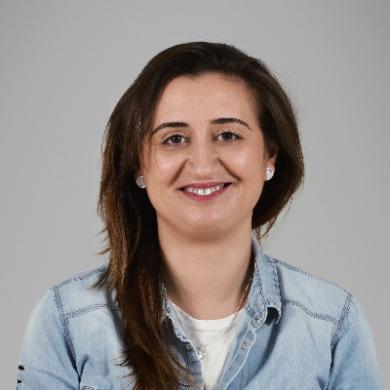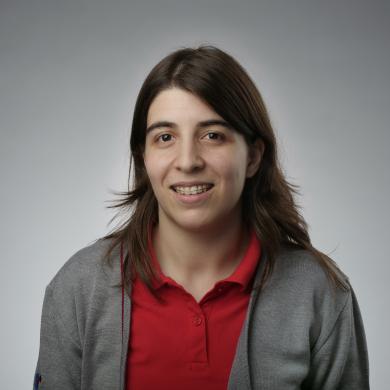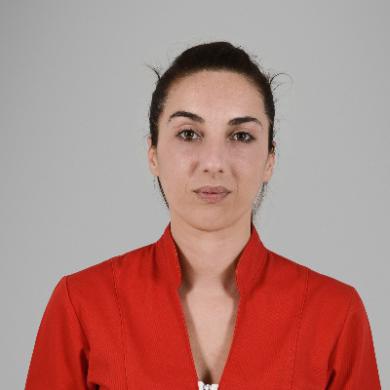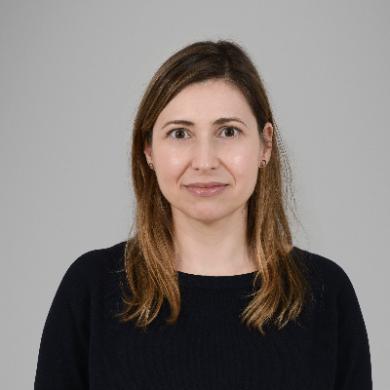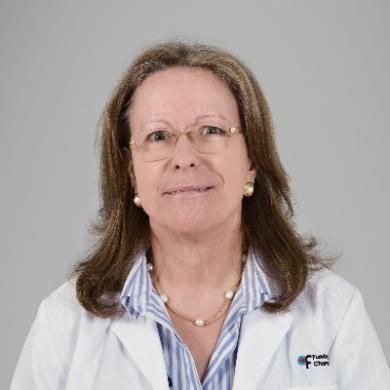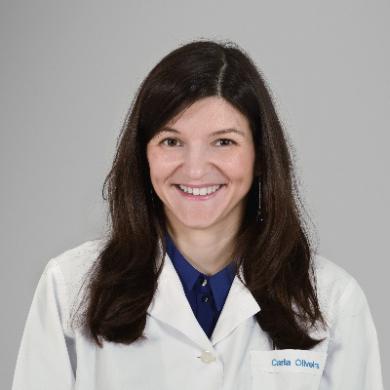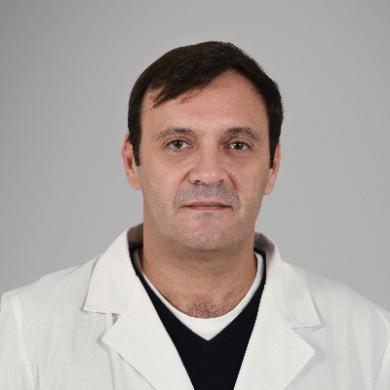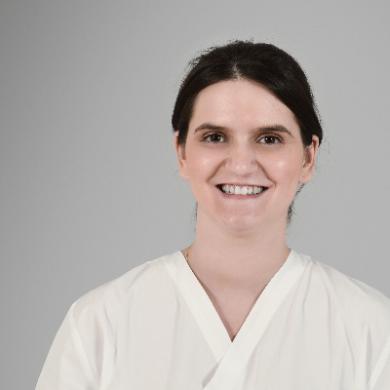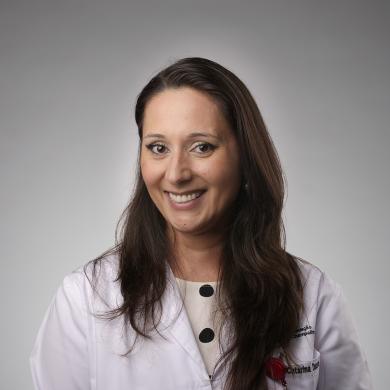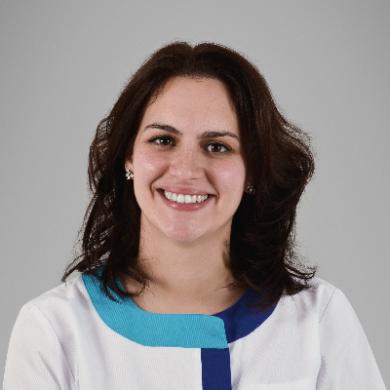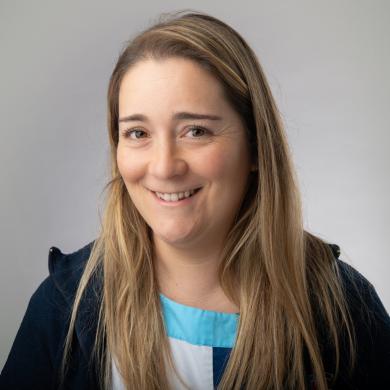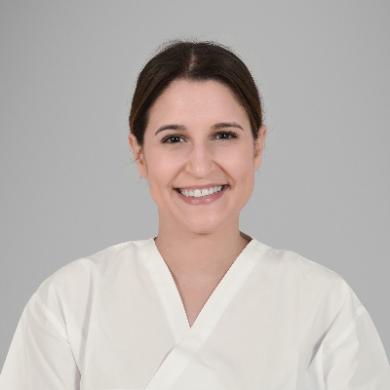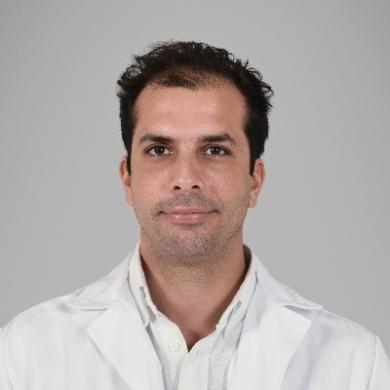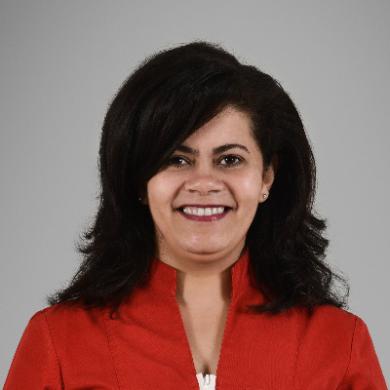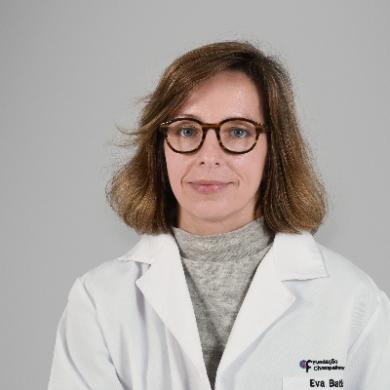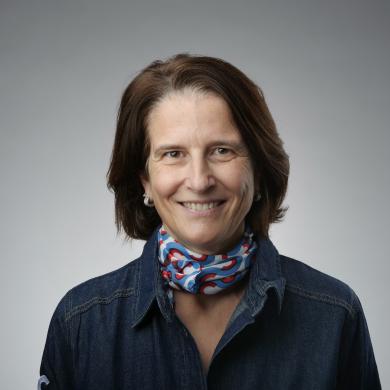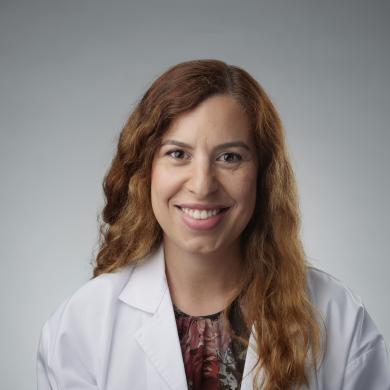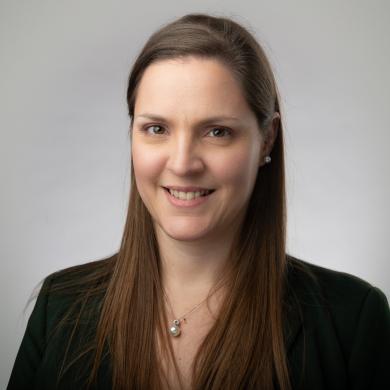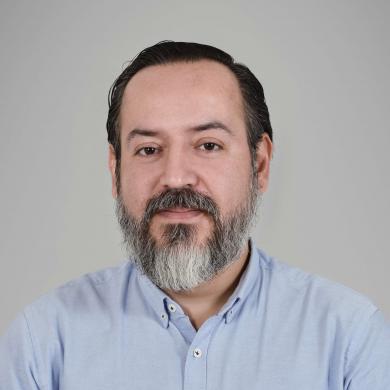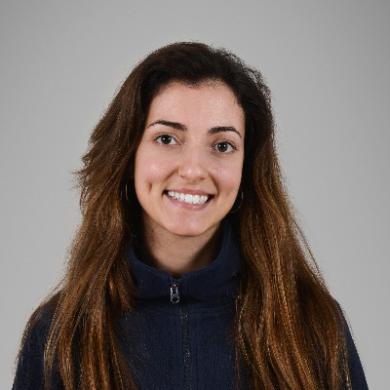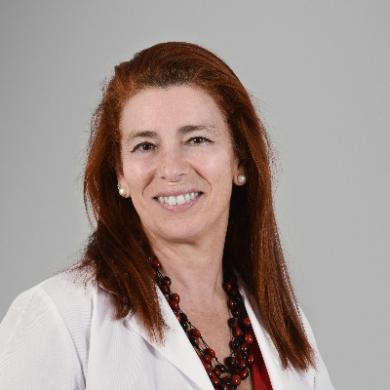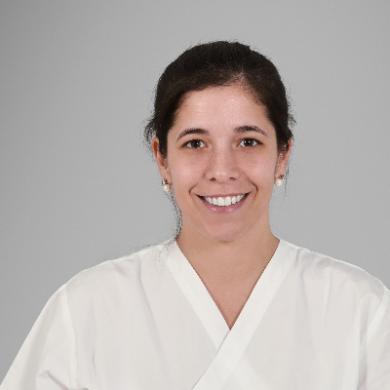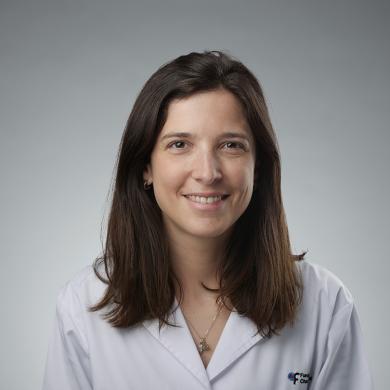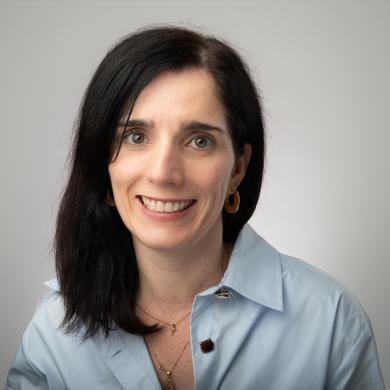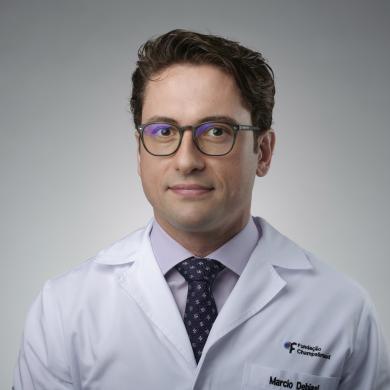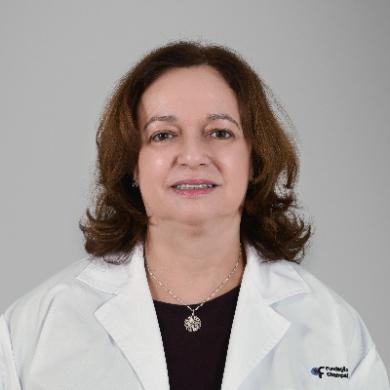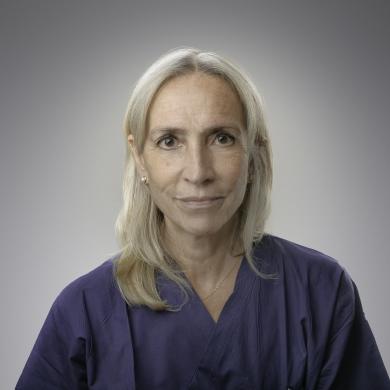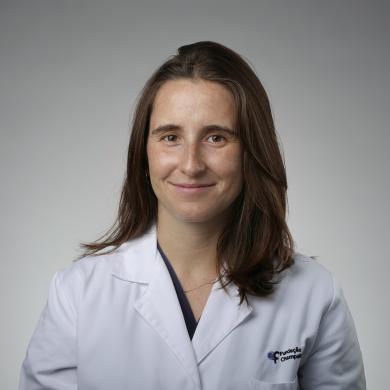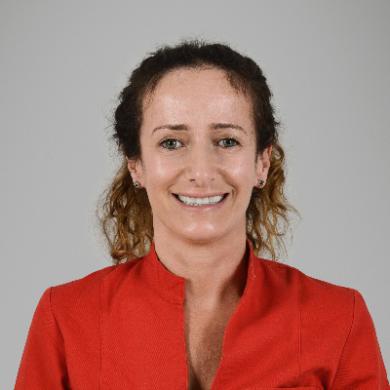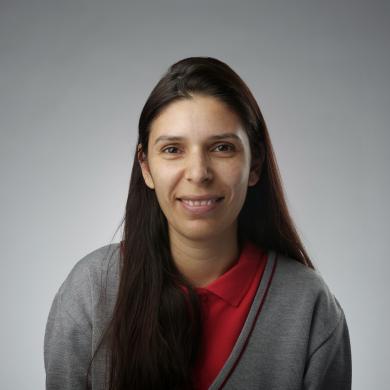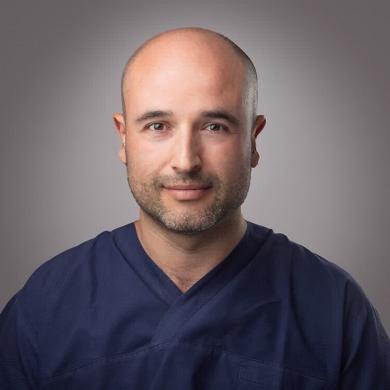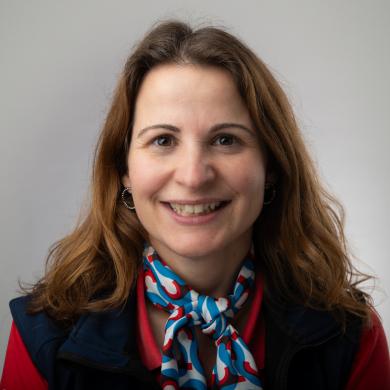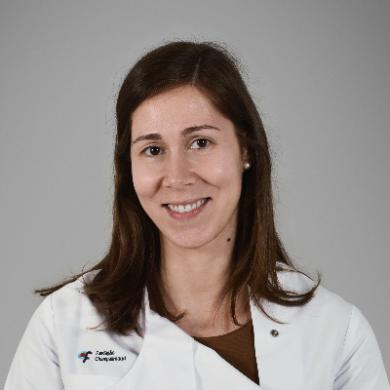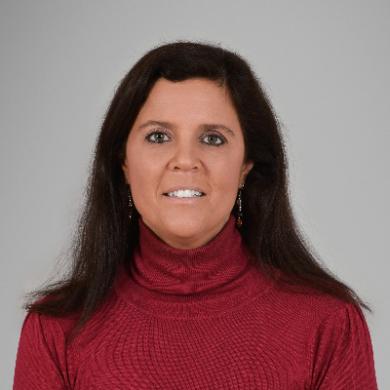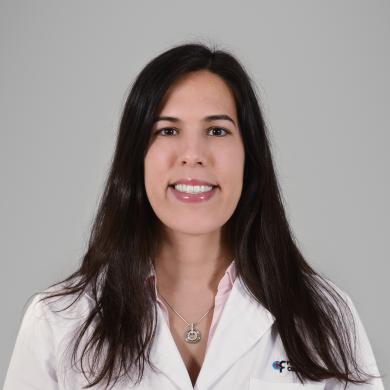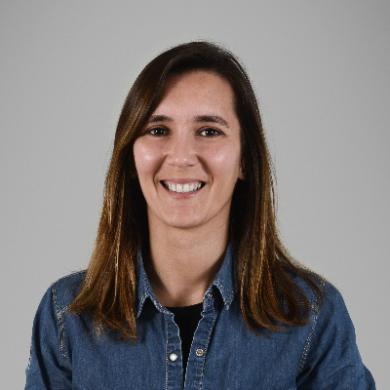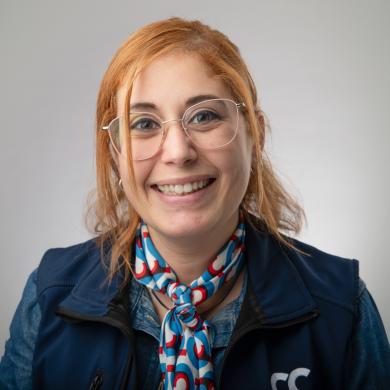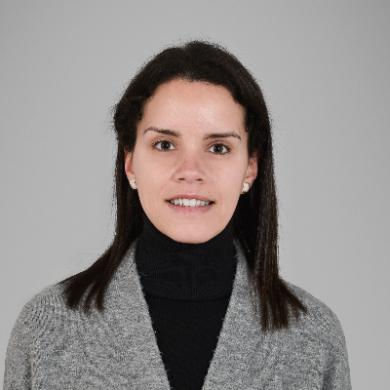- Clinical Areas
Clinical Areas
Breast Unit
The CCC’s Breast Unit was created in 2011 under the leadership of Dr. Fátima Cardoso. It became a Full Member of Breast Centres Network in September 2014 and in 2016 obtained the European Breast Centres Certification (n.º 1025/00), thus becoming the first certified Breast Cancer Unit in Portugal.
Breast Unit
Multidisciplinary Pathology Unit
Multidisciplinary meetings
Every day, this team studies and works in order to change the disease’s statistics: breast cancer is the most common type of cancer among women, and one of the main causes of oncological deaths (nearly 1,500 women die of breast cancer each year in Portugal).
In the Breast Unit, multidisciplinary meetings are held every week to make decisions concerning treatments. During the multidisciplinary meetings, the members of the Breast Unit are joined by medical oncologists, surgeons, plastic surgeons, radio-oncologists, imaging experts, pathologists, specialised nurses, as well as nuclear medicine experts, psycho-oncologists and palliative care experts.
This organisation and these meetings are based on the multidisciplinary model adopted at the CCC, where every patient’s case is discussed at the planning and (weekly) therapeutic decision meeting (TDM). Clinical decisions are therefore based on the established international orientations of the European scientific organisations, especially those of the European Society of Medical Oncology (ESMO) and the Advanced Breast Cancer Consensus Guidelines (ABC), as well as those of some American ones (ASCO e NCCN).
The team also includes a data manager, in charge of the Breast Care database, and relies on the support of two clinical trial coordinators, in close collaboration with the CCC’s Clinical Research Unit. All unit members are specialised in the diagnosis and treatment of breast disease, namely early breast cancer of pre-operatory and post-operatory status, and advanced and metastatic breast cancer. The Unit is recognised for its competence and expertise in the treatment of breast cancer in men and breast cancer during pregnancy, two situations that, being rare, need to be followed in very specific Units.
The Breast Unit also provides support to high-risk patients who carry hereditary mutations, offering appropriate monitoring strategies and risk-reduction surgery.
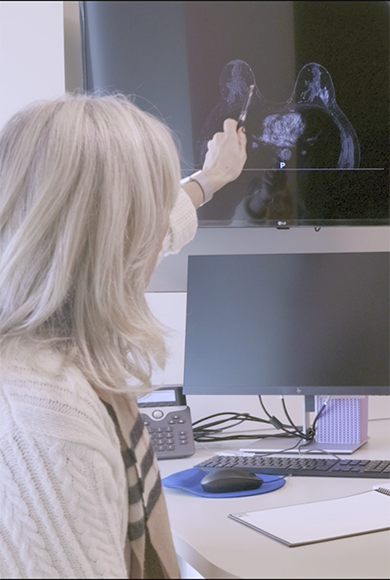
Breast Unit
Diagnosis and Treatment
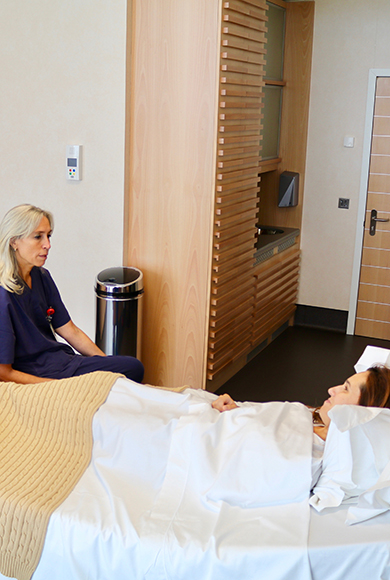
Early diagnosis is a decisive factor for obtaining results
Risk assessment and early diagnosis are particularly relevant as essential tools for preventing cancer and controlling its progression. Mammograms play an extremely important role in this work because they are one of the main tools used to study mammary tissue and detecting lesions with cancerous potential. They can, and do, make all the difference.
The Unit has resources for all the necessary imaging exams: two digital mammography machines, including tomosynthesis, microdosis and spectral analysis of mammary tissue, and three dedicated ultrasound machines. There is a room dedicated to interventional radiologic mammary exams, including stereotactic and ultrasound- or MR-guided biopsies, pre-surgical marking of lesions and previous systemic neoadjuvant treatment.
The Breast Unit team is committed to achieving the best results for their patients in all different diagnostic and therapeutic aspects, while at the same time seeking to ensure their quality of life and provide top-level care. An example of this is the Unit’s surgical programme, which is based on an innovative anatomical conservation strategy. To do this, the team specialises in oncoplastic surgery, through tumour resection and partial or total mammary reconstruction, preferably during the same surgical intervention, to reduce the physical and psychological impact of the disease on women. The Unit is internationally classified as a Level 3 Oncoplastic Unit, and performs more than 100 mammary reconstructions per year using all available techniques, including microsurgery.
The CCC’s Radiation Oncology Service also uses the most advanced radiotherapy equipment and techniques for the treatment of primary breast cancer (adjuvant radiotherapy – IMRT/VMAT) and of advanced breast cancer (palliative stereotactic radiotherapy as well as fractional IMRT when in the presence of metastatic lesions in the brain, bones, lymph nodes or elsewhere). The Radio-oncology Service of the CCC has all the requisites to conduct clinical trials within the EORTC Radiation Oncology Network (quality-control programme) and is certified by the International Atomic Energy Agency.
The Breast Unit includes a team of dedicated nurses who follow the patients through the different stages of their disease. All patients have a nursing consultation together with their first medical consultation – both in pre- and post-operatory situations. The nursing team, specialised in surgical wounds, is essential in post-operatory monitoring. This team is also in charge of the geriatric evaluation of older patients, of the assessment of distress, and responsible for tattooing the nipple area and keeping pre- and post-operatory photographic records.
Breast Unit
Clinical Research
Betting on personalised medicine
We firmly believe in supporting great breakthroughs in clinical and translational research, as well as in providing medical care of excellence. All treatments and second opinions are based on scientific evidence, and several clinical trials are ongoing at the Breast Unit of the Champalimaud Clinical Centre.
The Unit has an intense clinical research activity, through clinical trials of an academic nature, epidemiological studies and applied research. This work takes advantage of the robust international collaborations we maintain with groups dedicated to the study of breast cancer, such as the European Organisation for Research and Treatment of Cancer (EORTC), the International Breast Cancer Study Group (IBCSG) and the SOLTI group (Grupo Académico en Investigación Clínica de Referencia en Cáncer de Mama). Various international clinical trials (academic as well as sponsored by the pharmaceutical industry) have been coordinated by our Breast Unit. Its scientific activity further extends to the development of several integrated research projects, particularly translational research (i.e. collaboration between basic and clinical research), with specific funding from national and international institutions.
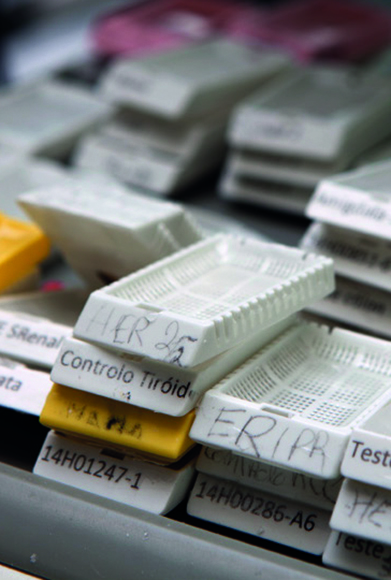
Breast Unit
Certification
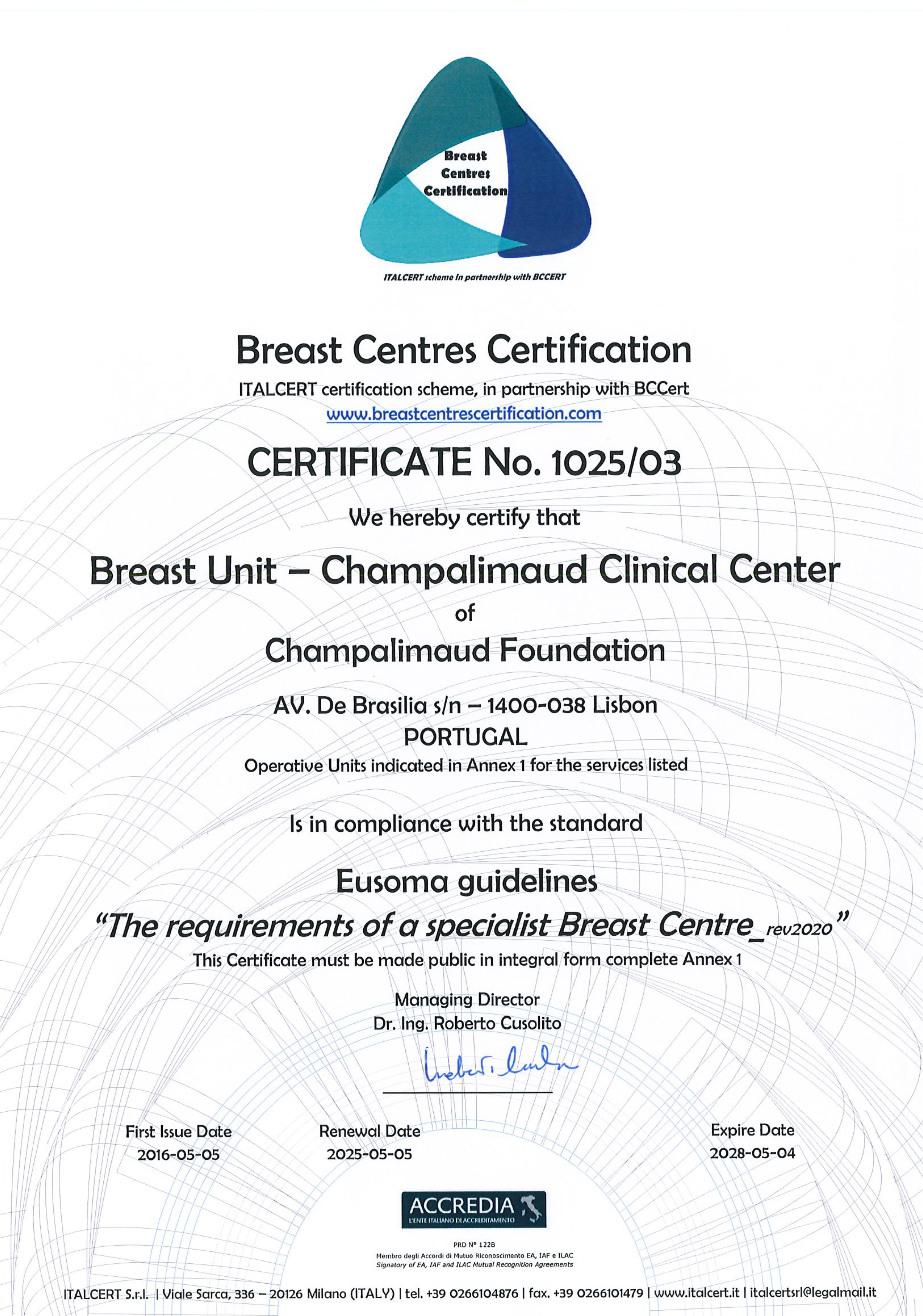
The CCC’s Breast Unit is the first to have been certified in Portugal
In 2016, the Breast Unit at the CCC became the first Breast Unit in Portugal to be certified by ITALCERT in partnership with BCCERT. This certification attests that the Breast Unit follows the EUSOMA guidelines as a specialised centre for the treatment of breast cancer and is one of the units of excellence at the European and world levels.
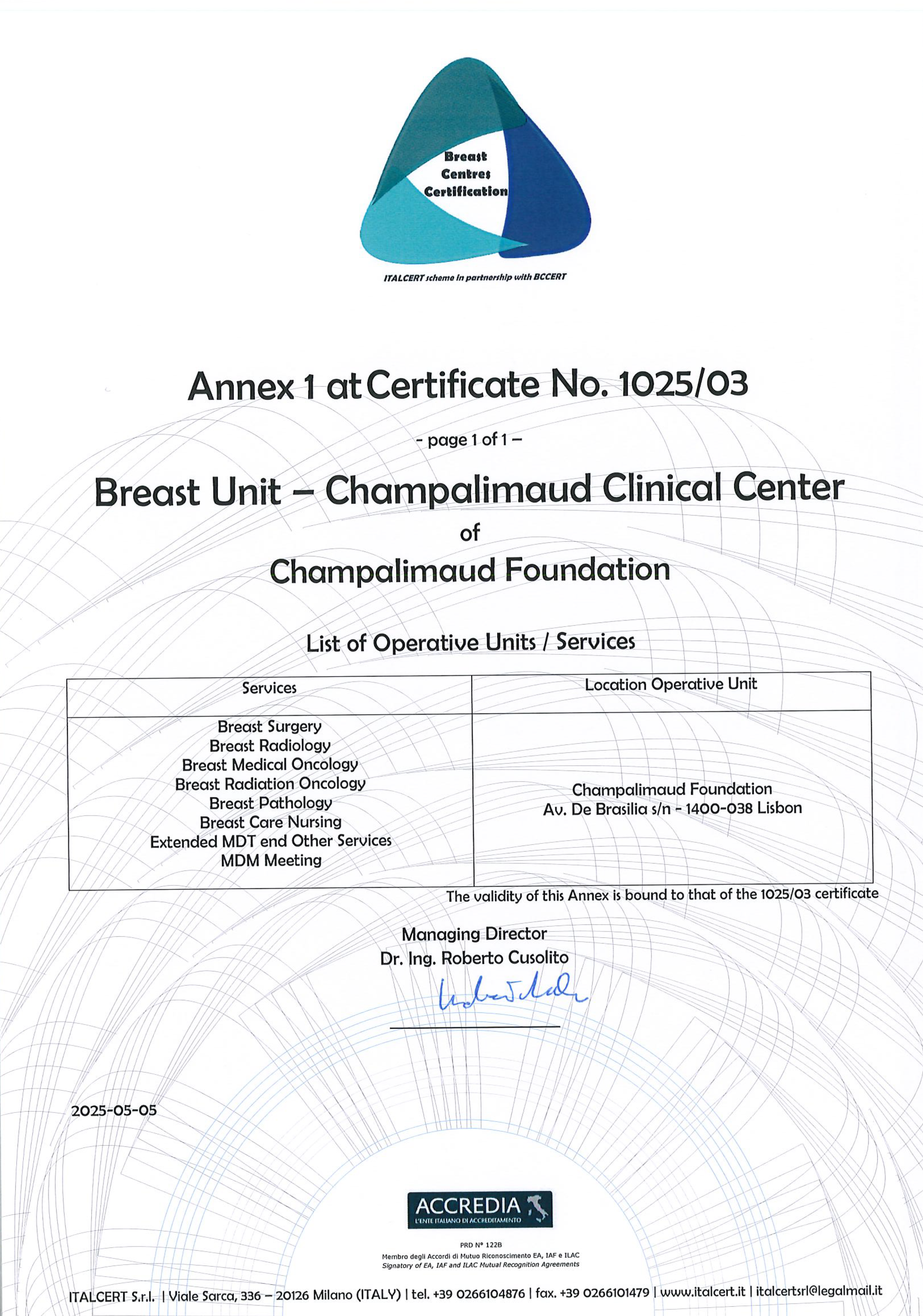
Breast Unit
Training
Fellowships and teaching
Since 2013, the Breast Unit has been receiving doctors and interns from different countries who, during observation periods or through fellowships, are able to follow its clinical and research activities.
The Breast Unit has had a joint programme with the ESO – European School of Oncology – and has been a Clinical Training Centre since 2014. Also, in 2016, it was elevated to the rank of Fellowship Host Institute of ESMO - European Society of Medical Oncology.
At the national level, the Breast Unit has a partnership agreement with NOVA Medical School for undergraduate and graduate students to perform short internships within their clinical research Master.
